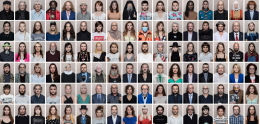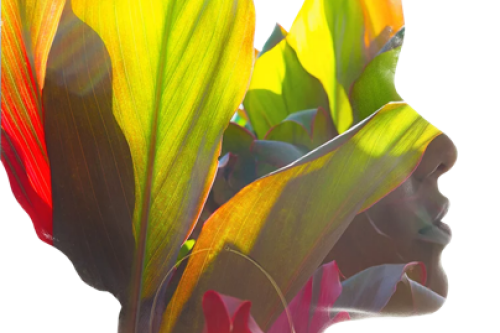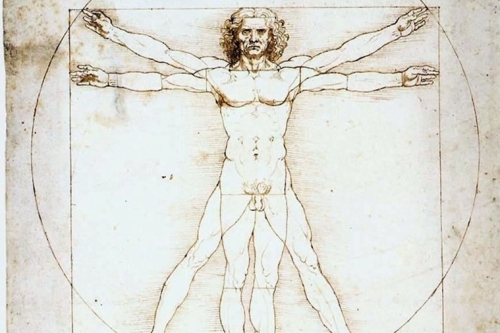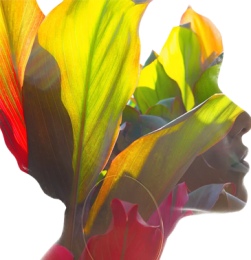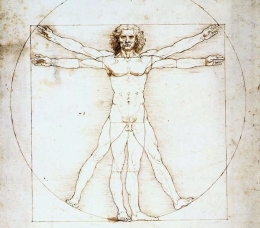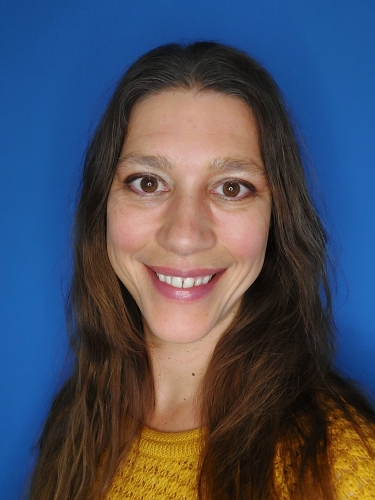What we do
Caleidoscope Academy aims to increase the effectiveness of team members and leaders in an intercultural context. We do this by helping you to recognise and understand cultural patterns, both in yourself and in others.
Cultural patterns are often underestimated as a factor influencing behaviour at work. Thinking we are dealing with a skills related issue, we offer our 'difficult' team members help in changing their behavior to fit our expectations. We send them to management courses to become the leader we want them to be. We send them to communication courses to help them become more assertive. We coach them, we give feedback, we reward and punish where we see fit, and it all doesn’t help.
Instead of wasting time and money and remaining frustrated, we could also work on our cultural intelligence; by becoming more aware of our own biases, culturally affected interpretations, perceptions, thoughts and actions. By learning how other people may perceive differently, and how this influences their behavior and communication, we can open ourselves to new interpretations. We can look at ourselves from different perspectives, and we can tap into the strengths of team members with different cultural preferences.
Only then can we start to appreciate and use differences as an advantage.


